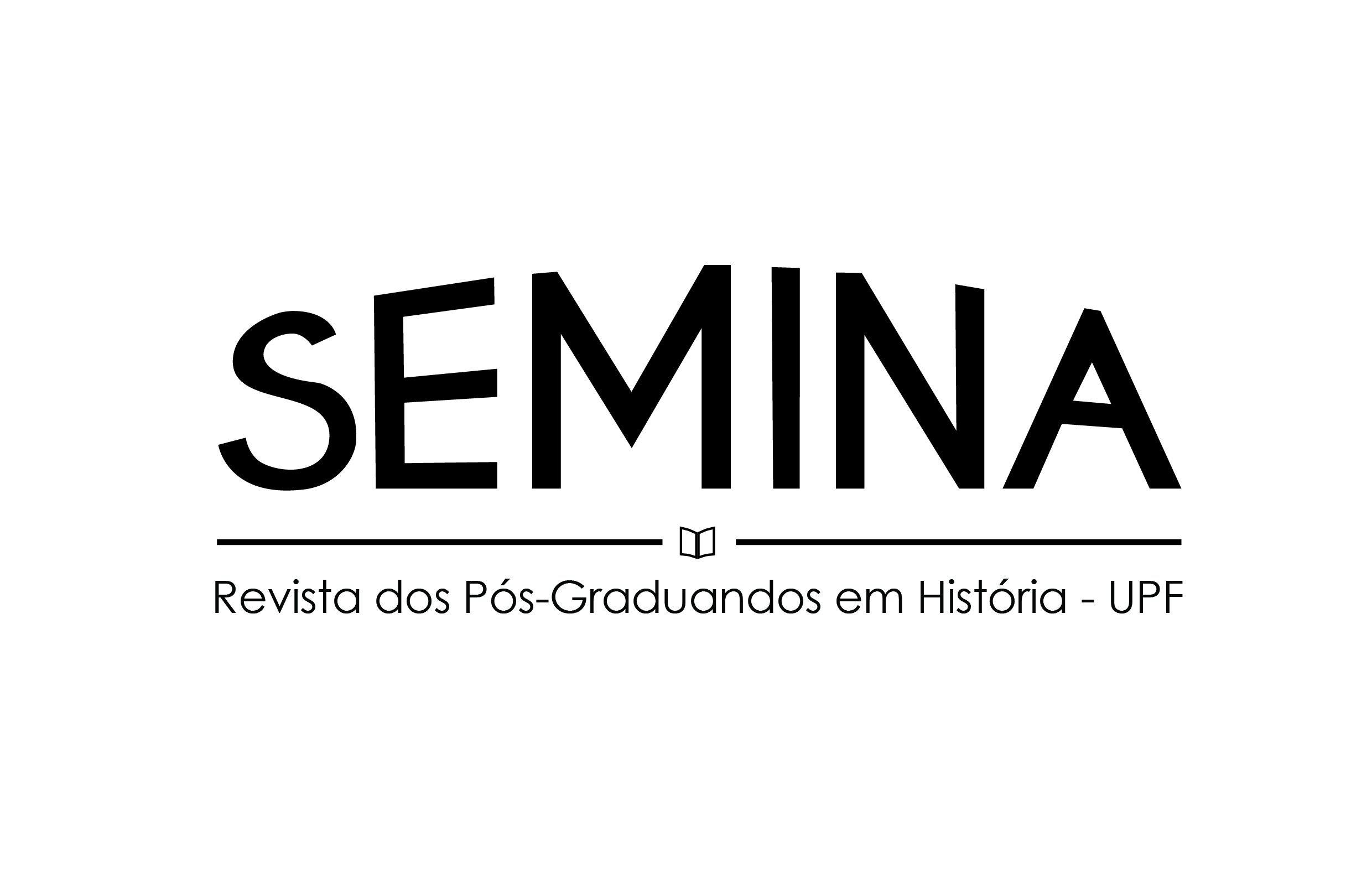Time and Memory in Historical Awareness
DOI:
https://doi.org/10.5335/srph.v23i1.15522Keywords:
Time; , Memory; , Historical trauma; , Awareness.Abstract
Every individual carries within themselves their own historical consciousness. It is a past experience, based and built together with the process of their own individuation. It is a unique feeling and place, from which one experiences life and immersion in the historical flow. A perspective so particular that it cannot be experienced by anyone other than oneself. It is a profound understanding encapsulated and, in a way, crystallized in assumptions derived from experiences, memories, and mental abstractions, which have been consciously and unconsciously constructed throughout life. It is a psychological repository to which the individual turns – mostly unconsciously – to understand the environment around them, to position themselves, reflect, and make decisions. But self-awareness or the process of "consciousness-raising," as proposed by Paulo Freire in his book of the same name, does not only rely on the subject's autogenous experiences; rather, it is a holistic construction in which the sharing of social memories substantiated in narratives, interactions, and experiences of others constitutes a significant portion of the genesis of the social universe in which that individual is immersed. In this context, History as a humanities science cannot disregard considering the most elementary human aspect in the process of constructing consciousness and memory, the biological and evolutionary mechanisms that govern them and, in the evolutionary hierarchy of reason, dissociate us from other living beings. However, according to Carl Gustav Jung (1960), Alfred Adler (1945), Paulo Freire (2016), António Damásio (2018), and Jörn Rüsen himself (2010), in the convergence of various views on the formation of consciousness, they agree that it primarily erupts from the animal portion of our human side, emerging from the most essential biological imperatives, from which all logic and principles sustaining our modern procedural, decision-making, otherness, memory, critical sense, and, in turn, historical consciousness mechanisms arise. Therefore, the reasons why individual, collective, social, and archetypal memories are so crucial for psychic balance, social insertion, historical orientation, and awareness would lie in the primordial impulses of self-preservation, social flourishing, and infinity. Providing the fundamental subsidies for dealing with complex, psychologically sensitive feelings potentially capable of generating neuroses, such as historical tragedies and traumas. Memory instrumentalizes but also oppresses; everything depends on the process of awareness.
Downloads
References
ADLER, Alfred. A ciência da natureza humana. São Paulo: Companhia editora nacional, 1945.
BOSI, Ecléa. Pesquisa em memória social. Revista de psicologia da Usp 4(1/2), p 277 a 284. São Paulo: Usp, 1993.
CATROGA, Fernando. Entrevista concedida a Marieta de Morais Ferreira. Revista Brasileira de História (RBH), v. 29, n. 58, p. 469-487, 2009.
DARWIN, C. A Origem das Espécies. São Paulo: Madras Editora Ltda., 2022.
DAMÁSIO, António. A estranha ordem das coisas. São Paulo: Compahia das letras, 2018.
HARTOG, François. Regimes de Historicidade: presentismo e experiências do tempo. São Paulo: Autêntica, 2013.
LE GOFF, Jacques. História e Memória. São Paulo: Unicamp, 2003.
MALLOY-DINIZ, Leandro, F. (org). Neuropsicologia aplicações clínicas. Porto Alegre: Artmed, 2016.
NEVES, Walter. Evolução humana: A história de nossos ancestrais.
Palestra apresentada em 2017, USP_Talks “Conectanto universidade e sociedade”. Disponível em: <https://www.youtube.com/watch?v=5PZFW-SlCTA> acesso em: 15 jun, 2023.
NICOLELIS, Miguel. O verdadeiro criador de tudo. Como o cérebro esculpiu o universo como nós o conhecemos. São Paulo: Planeta, 2020.
SCHMIDT, M.A; BARCA, I; MARTINS, E.R. Jörn Hüsen e o ensino de História. O desenvolvimento da competência narrativa na aprendizagem histórica: uma hipótese ontogenética relativa àconsciência moral. p.59. Universidade Federal do Paraná, 2010.
FREIRE, Paulo. Conscietização. São Paulo: Cortez editora, 2016.
JUNG, Carl Gustav, O eu e o inconsciente. In: Obras Completas de C. G. Jung vol. VII. São Paulo: Editora vozes, 1960.
________, O homem e seus símbolos. Rio de Janeiro: Harper Collins, 2022.
VIGOTSKI, L. Semenovich. A formação social da mente. São Paulo: Martins fontes, 2009.
WADSWORTH, Barry, J. A inteligência e afetividade da criança na teoria de Piaget. São Paulo: Livraria pioneira editora, 2ªed, 1993.
Downloads
Published
Issue
Section
License
Autores que publicam nesta revista concordam com os seguintes termos:
- Autores mantêm os direitos autorais e concedem à revista o direito de primeira publicação, com o trabalho simultaneamente licenciado sob a Licença Creative Commons Atribuição 4.0 Internacional – CC-BY que permitindo o compartilhamento do trabalho com reconhecimento da autoria do trabalho e publicação inicial nesta revista.
- Autores têm autorização para assumir contratos adicionais separadamente, para distribuição não-exclusiva da versão do trabalho publicada nesta revista (ex.: publicar em repositório institucional ou como capítulo de livro), com reconhecimento de autoria e publicação inicial nesta revista.
- Autores têm permissão e são estimulados a publicar e distribuir seu trabalho online (ex.: em repositórios institucionais ou na sua página pessoal), a qualquer ponto antes ou durante o processo editorial, já que isso pode gerar alterações produtivas, bem como aumentar o impacto e a citação do trabalho publicado, de acordo ainda com a democratização científica prevista pela Ciência Aberta.





